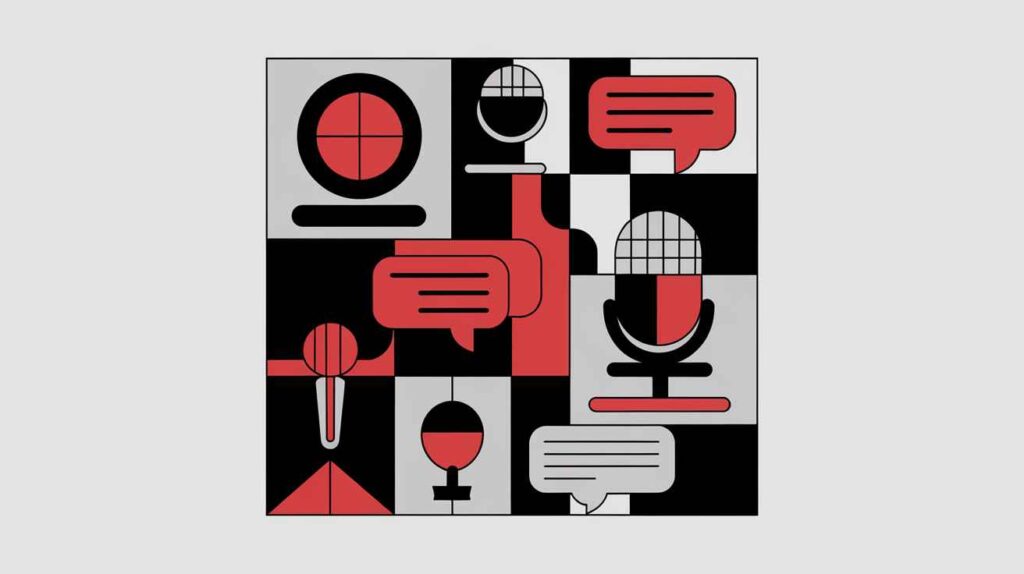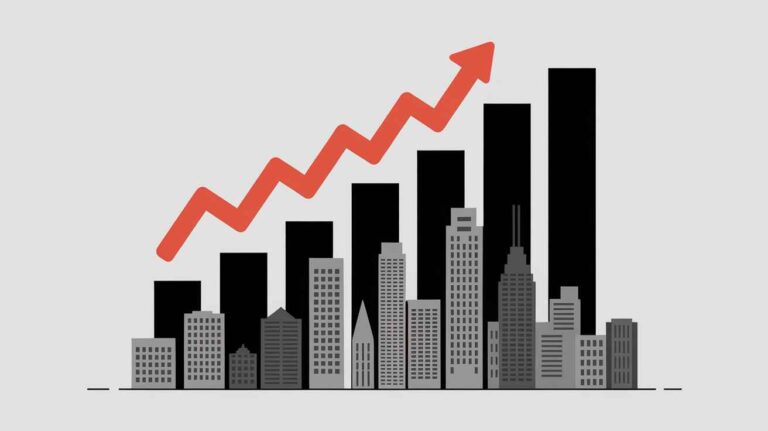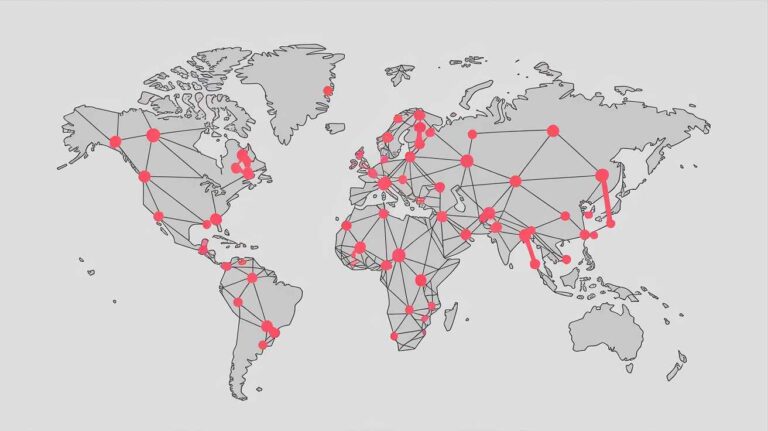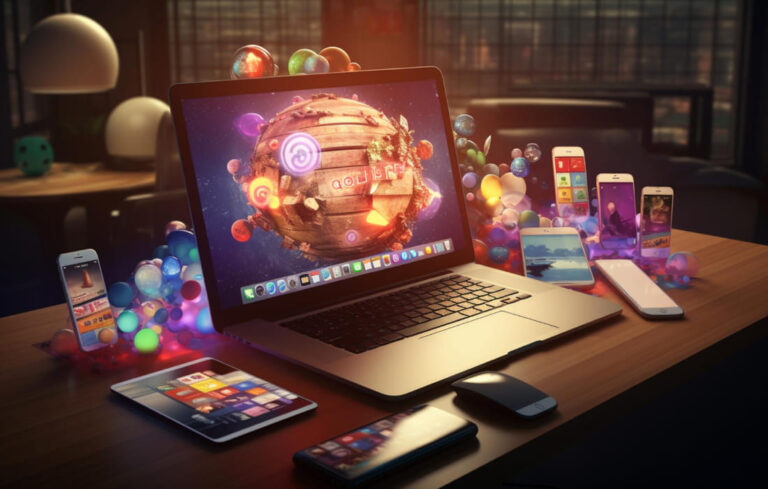From streaming platforms to social movements, cultural narratives now carry geopolitical weight.
Culture has never been separate from power—it reflects it, challenges it, and often reinforces it. But in the digital age, culture has become one of the most influential forces shaping political imagination, social identity, and global narratives.
Media ecosystems today operate at lightning speed. A single viral clip can shift public opinion, ignite protest, or redefine a national conversation within hours. Streaming platforms and social media giants act not only as entertainment providers but as gatekeepers of global cultural flow, influencing how stories are told, whose voices are amplified, and which identities are validated.
At the same time, cultural production is increasingly global. Korean dramas shape fashion in Europe, Indian cinema influences Africa, African music reaches Latin America, and Middle Eastern creators redefine digital storytelling. These exchanges challenge older hierarchies of cultural dominance, creating space for new expressions of power.
Yet the democratization of media brings new risks—disinformation, polarization, surveillance, and algorithmic bias. Understanding culture and media today means understanding how influence works, who controls it, and who is excluded.
In a world where narratives shape reality, cultural power is geopolitical power.









